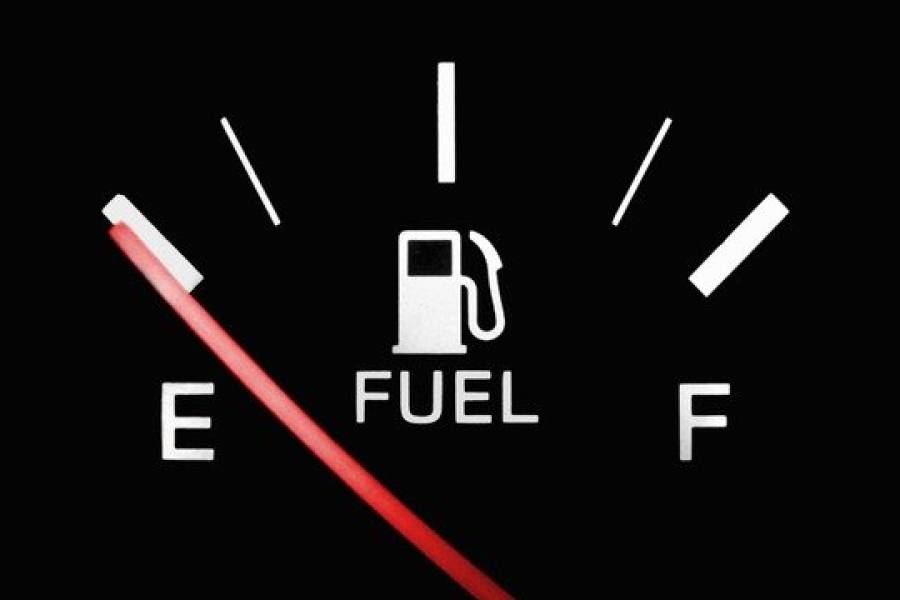

Our vehicles are available throughout the UK. Please contact our central reservations team or one of our regional hubs to discuss your requirements

Did you know that the average driver in their lifetime spends over £56,000 on fuel? This eye-watering number comes from a poll of 2,000 motorists conducted by EDF Energy in 2019.
Most drivers are always looking at ways to become more fuel-efficient, trying to save on the number of times we have to visit the petrol station in a month and to save those all-important pennies. Becoming more fuel-efficient also allows us to help limit the impact our vehicles have on the environment around us.
We’ve put together a few simple tips on how to maximise your fuel efficiency, saving you time and money.
1) Slowing Down
It’s a fact - fuel costs increase the faster you drive. So keeping speeds to a reasonable level will help keep fuel costs down.
According to WhatCar? If you break the speed limit and travel at 80mph on the motorway, your vehicle will use up 25% more fuel than when you drive at 70mph.
Government stats reveal that driving at a steady speed of 50mph where possible and where safe to do so, can improve your fuel efficiency by 25%. In fact, reducing motorway speeds by 5 to 10 mph can increase fuel efficiency by 7 - 14%.
2) Accelerating Gently
Hard acceleration can cause you to burn through your fuel quicker. According to fuel-economy.co.uk, aggressively accelerating or braking can use up to 60% more fuel.
Many car manufacturers suggest a good rule of thumb for fuel efficiency when accelerating is to take about five seconds to accelerate up to 15mph from a stop.
3) Plan your journeys
Now, this may sound obvious but, getting stuck in traffic for long periods of time, getting lost and driving on excessively busy roads are big consumers of fuel.
If you can, plan your route to avoid busy sections of the road, especially at peak times. Fuel-economy.co.uk suggests that a cold engine will generally use twice as much fuel as a warm one. Try to make one round trip, rather than several short ones to avoid starting the engine from cold too many times.
4) Turn off your air-conditioning
Unless it’s really cold or unbearably hot, leave your air-con turned off when driving at low speeds. When driving at low speeds, air conditioning can put a strain on your engine and burn through your fuel quickly. The same goes for all additional electrical items in your vehicle such as heated seats and heated windscreens to name just a few.
According to Energy Saving Trust, when driving at 60mph or above using the air con becomes more fuel-efficient than driving with the windows open due to the additional drag on the vehicle.
5) Reading the road
Try to focus on looking at the road far ahead and anticipate obstacles, this will allow you to ease off the accelerator, keeping momentum, rather than speeding up and braking repeatedly.
6) Making the switch to electric
As we all try to be more climate aware and reduce emissions for the future, many people are looking to make the switch to using electric vehicles. According to EDF Energy experts believe that the switch to electric vehicles could save the average driver £41,000 over their lifetime.
Are you a business owner with a fleet of vehicles? We can help you with your electric vehicle needs. We have a host of electric vehicles across various types available for hire and longer-term lease. If you have the charging infrastructure or are city-based where charging stations are more prevalent, electric vehicles can work for you. Go greener and help reduce emissions, the cost for fuel and time.
Discover our electric vehicles.
Not ready to move to electric vehicles? At VMS Vehicle Hire we operate a “like for like” fuel policy. We ask all customers to replace the fuel you use so that the vehicle is ready for the next customer.
If you have more questions about hiring a car with VMS Vehicle Hire, please visit our FAQ page.
15
Dec
2022
Interested in going greener? Benefit from our offer on electric welfare vans....
18
Nov
2022
Great news this week as we announce that a further 40 temperature-controlled...
11
Nov
2022
150 Maxus T90EVs will be joining our fleet in Q1 of 2023, fancy getting your...
29
Sep
2022
We are very excited to announce that we have recently delivered three...
12
May
2022
Earlier this week we were on-site at the Coldchain Hub by TS&D, part of the...